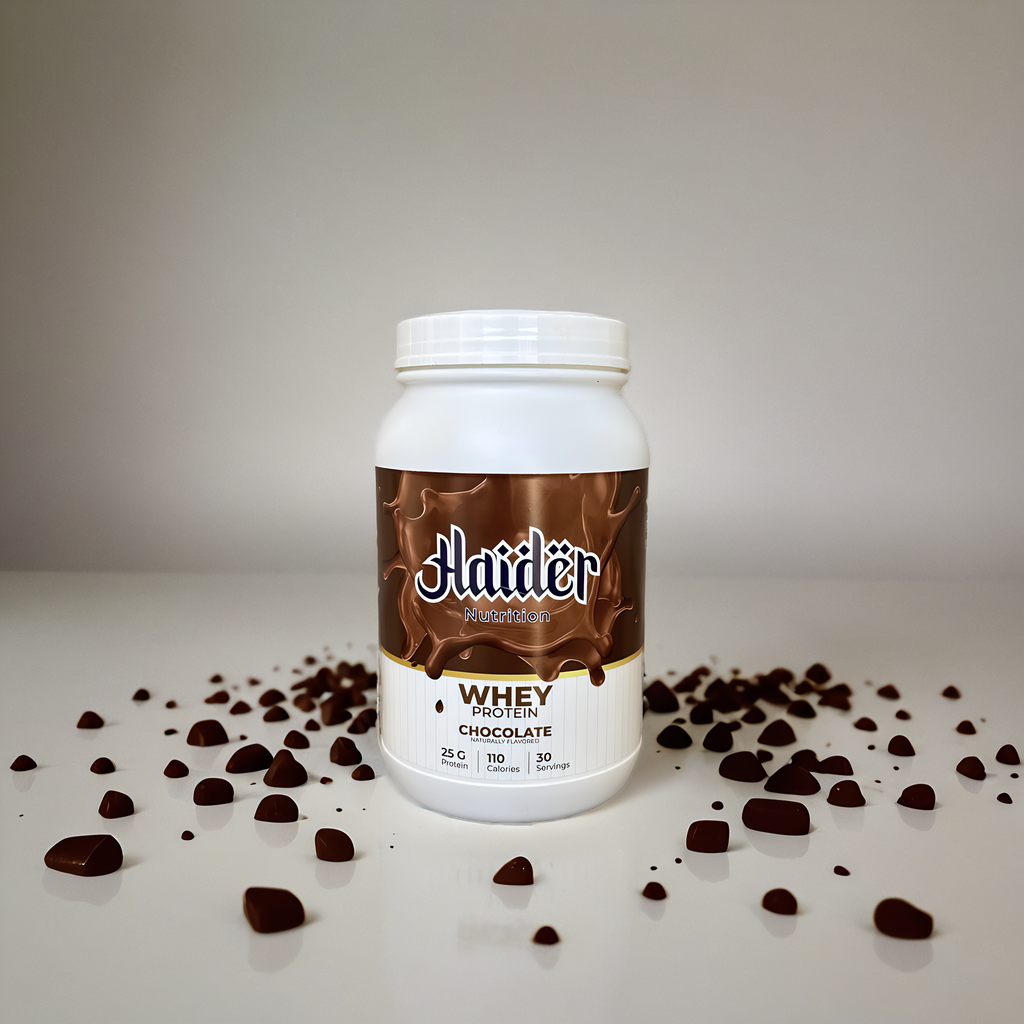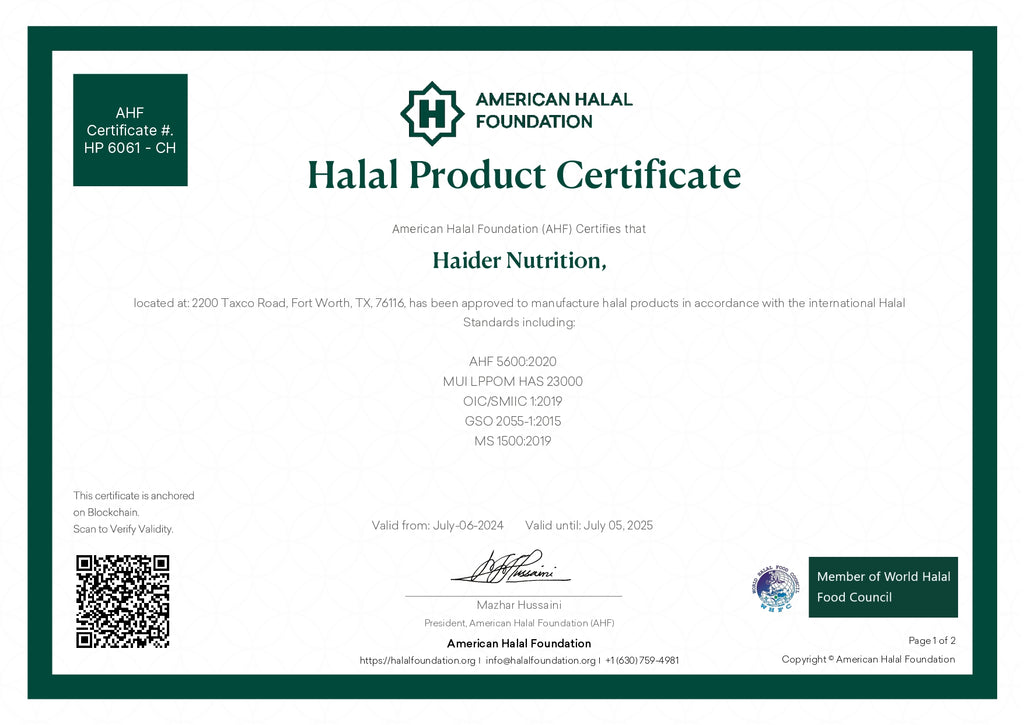
**Why Eating Halal Food Benefits Both Body and Soul**

For millions of Muslims, halal isn’t just a dietary restriction—it’s a holistic approach to health and spirituality. Halal practices are based on the Quran and prioritize ethical sourcing, cleanliness, and the avoidance of harmful ingredients. In this article, we’ll explore the health benefits of eating halal, including insights into how halal practices promote physical wellness.
- Purity and Cleanliness in Food Preparation
Halal practices emphasize the highest standards of cleanliness and purity, ensuring food is free from contamination and prepared under hygienic conditions.
Quran Reference : “O you who have believed, eat from the good things which We have provided for you and be grateful to Allah if it is [indeed] Him that you worship.” — Quran 2:172
Halal food is prepared with strict hygiene, minimizing contamination risks from bacteria and toxins. This verse in the Quran encourages believers to consume only “good things,” which encompasses both purity in ingredients and cleanliness in preparation. By following halal practices, individuals can enjoy fresher, safer food that benefits their bodies.
- Avoiding Harmful Ingredients
The halal diet prohibits the consumption of substances like pork, blood, and alcohol, which can have harmful effects on health.
Quran Reference : “Prohibited to you are dead animals, blood, the flesh of swine, and that which has been dedicated to other than Allah…” — Quran 5:3
Avoiding pork and alcohol has health benefits, as both are known for potential health risks. Pork, for instance, is high in unhealthy fats and can carry parasites. Alcohol, on the other hand, is linked to liver disease and other serious health conditions. By following halal guidelines, Muslims naturally avoid these substances, reducing the risk of exposure to harmful ingredients.
- Ethical Treatment of Animals for Healthier Meat
Halal standards require that animals be treated humanely and slaughtered in a way that minimizes suffering, which can impact the quality and safety of the meat.
Quran Reference : “So eat of that [meat] upon which the name of Allah has been mentioned, if you are believers in His verses.” — Quran 6:118
Halal guidelines mandate ethical animal treatment, and animals must be slaughtered while alive and healthy. Stress can elevate cortisol levels in animals, impacting meat quality and nutrient content. Halal slaughter practices reduce animal stress, leading to meat that’s healthier and more nutritious.
- Encouragement of Natural, Wholesome Ingredients
The Quran encourages the consumption of pure, whole foods, which are rich in essential nutrients.
Quran Reference : “They ask you, [O Muhammad], what has been made lawful for them. Say, ‘Lawful for you are [all] good foods…’” — Quran 5:4
The halal diet promotes fresh, unprocessed foods like lean meats, fruits, vegetables, and whole grains. These foods support energy, immune function, and mental clarity. Eating natural ingredients, as encouraged by halal, helps people maintain balanced nutrition, supporting long-term health.
- Mindful Eating for Improved Health
Halal requires that Muslims consider the source and preparation of their food, promoting mindfulness and appreciation for what they consume.
Quran Reference : “And eat and drink, but be not excessive. Indeed, He likes not those who commit excess.” — Quran 7:31
Mindful eating can aid in digestion, portion control, and a positive relationship with food. By following halal practices, individuals are encouraged to be mindful of their consumption, reducing overeating and fostering a healthier approach to diet.
- Healthier Fats and Lean Protein Sources
Halal foods often include lean proteins and avoid processed fats, contributing to a diet that supports muscle health and cardiovascular wellness.
Quran Reference : “O mankind, eat from whatever is on earth [that is] lawful and good…” — Quran 2:168
In halal diets, processed fats and trans fats are generally avoided, favoring healthier fats from natural sources. Additionally, lean proteins like chicken and fish, along with halal-certified protein powders, can support muscle growth and provide essential amino acids, contributing to overall health and fitness.
Conclusion
Eating halal aligns with both spiritual beliefs and health benefits. By following Quranic guidance, halal eaters consume clean, ethically sourced, and wholesome food that supports physical well-being. Whether for faith, health, or personal values, halal practices encourage a mindful approach to diet, helping individuals enjoy a healthier and more balanced life.


